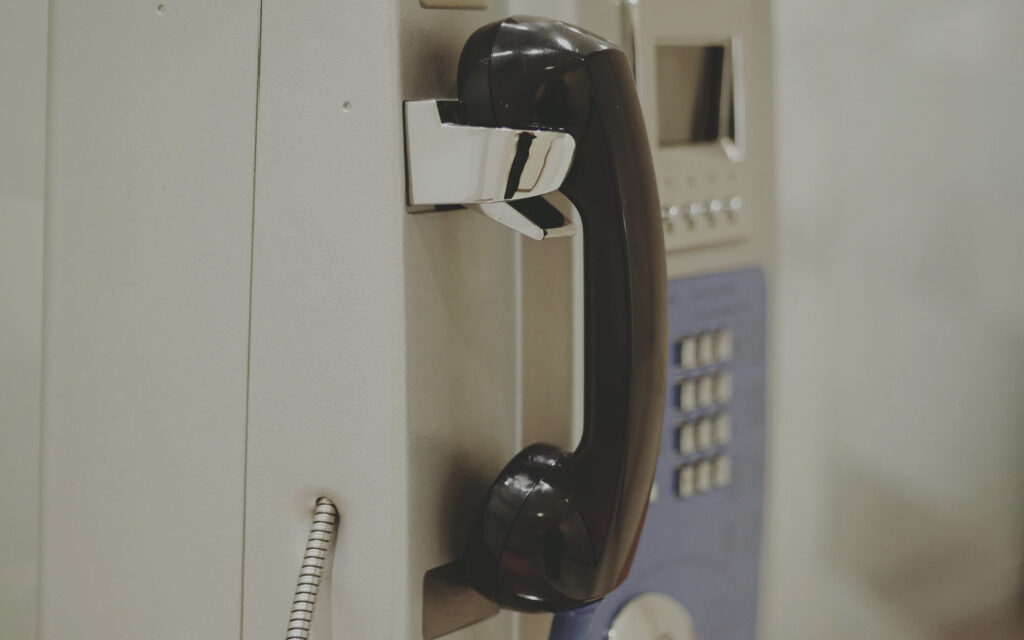“I never thought I’d say there’s anything worse than ICE custody, but this is it.”
That’s an immigration attorney in San Diego talking to CNN about the shelter facilities run by U.S. Customs and Border Protection (CBP). These shelters near the border are not designed to house people for more than a few days—no longer than 72 hours, according to government policy. After that, adults and families are normally supposed to be either transferred to U.S. Immigration and Customs Enforcement (ICE) custody or released.
But in the time since the Biden administration’s new asylum transit ban came into effect in May, people have been reporting stays in CBP custody lasting as long as a month.
Why is this happening? In part, because of a new policy—sometimes referred to as “phone booth asylum”—of conducting “credible fear interviews” in CBP custody rather than transferring people to ICE first. The credible fear interview is the first step in the asylum process for many, where an asylum officer determines whether a person’s situation meets the threshold for making an asylum claim. The stakes are enormous. If you pass the credible fear interview, you continue to the next step of applying for asylum. If you fail, you get deported.
The Biden administration is trying to expedite the first part of this process, but CBP is not set up to accommodate asylum interviews. This increases the likelihood that people will fail them.
In CBP facilities, the interviews are conducted over the phone, in temporary booths without a lot of privacy. Finding an attorney to help with a credible fear interview is hard enough but finding one at the last minute from CBP custody is nearly impossible. People who may have been given little or no information about the purpose of the interview are left to decide whether to trust the faceless asylum officer on the phone with the most sensitive and traumatic details of their lives.
Since the asylum transit ban was put into place in May, just 54% of people have passed their credible fear interviews. During the last comparable period without the rule in place, 83% of single adults passed their interviews.
And because holding credible fear interviews in CBP facilities is a strain on the system, the system is unsurprisingly suffering the consequences. “We’re not built to do this,” a DHS official told CNN. Last week, over 10% of people in CBP custody had been held there for longer than 10 days.
Lengthy stays in CBP custody have already proven deadly. In May, an eight-year-old girl died on her ninth day in CBP custody in Texas. An independent auditor’s report found that the death was “clearly preventable” and pointed to the multiple failures by CBP to provide appropriate medical care to the child in its custody.
Her death was not only preventable—it was also predictable. Under the Trump administration, several young children died in CBP custody due to inadequate medical care.
CBP facilities are not set up to house people. Conducting credible fear interviews in them is not only doing a major injustice to the asylum seekers who will be deported due to an inadequate interview process, but it’s also creating a strain on a system that has already resulted in death. The administration needs to return to conducting asylum interviews outside of CBP custody. Doing anything less puts asylum seekers in greater danger.
FILED UNDER: Customs and Border Protection


